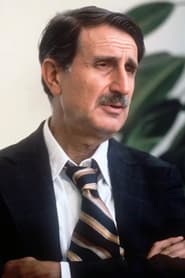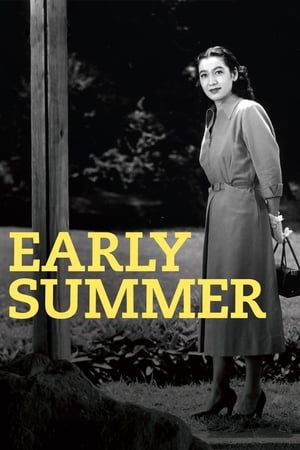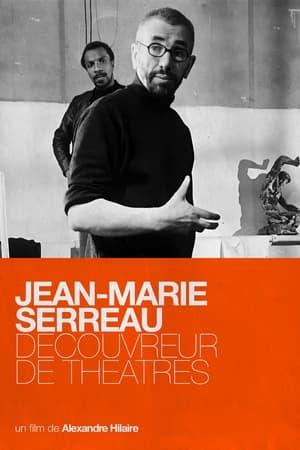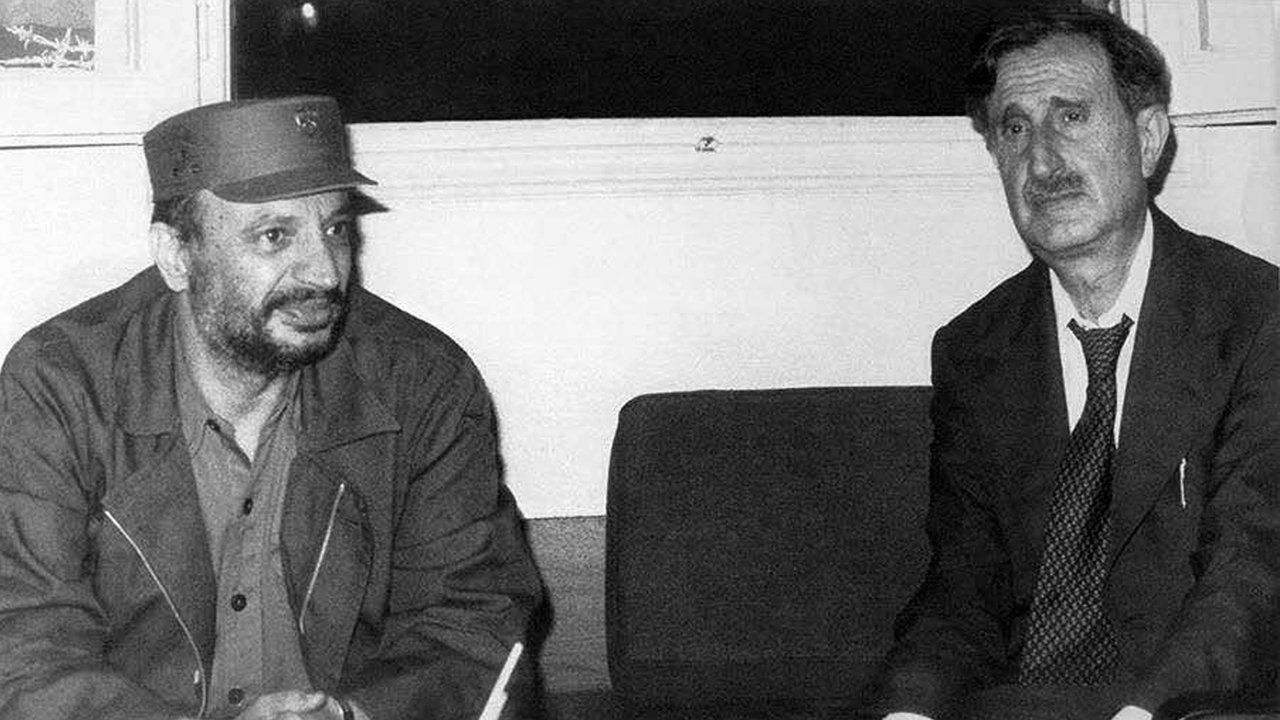
Greetings to Kamal Jumblatt(1977)
Tribute to the Druze Kamal Jumblatt, Minister of Economy and Agriculture (1946) and founder of the Progressive Socialist Party (PSP) in 1949. He was one of the architects of the departure of President Bechara el-Khoury (1952), before playing a major role in the events of 1958. From 1960 to 1964, Kamal Jumblatt assumed, under the presidency of Fouad Chehab, various ministerial functions . . After the conflict of June 1967, he gradually approached the Palestinian organizations. In 1969 he became Minister of the Interior; in August 1970, he supported the election of Soleiman Frangié as President of the Republic. Following the Lebanese-Palestinian clashes of May 1973, he took sides against the head of state, established himself as the leader of the National Movement in 1975 and engaged in a revolutionary armed struggle against the Lebanese Front. Hostile to Syria's intervention in Lebanon, he broke with it (March 1976). He was assassinated near a Syrian checkpoint in 1977.
Movie: Greetings to Kamal Jumblatt
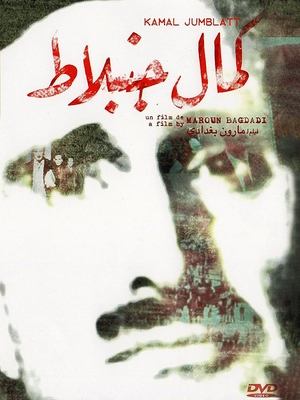
Tahiya li Kamal Jumblatt
HomePage
Overview
Tribute to the Druze Kamal Jumblatt, Minister of Economy and Agriculture (1946) and founder of the Progressive Socialist Party (PSP) in 1949. He was one of the architects of the departure of President Bechara el-Khoury (1952), before playing a major role in the events of 1958. From 1960 to 1964, Kamal Jumblatt assumed, under the presidency of Fouad Chehab, various ministerial functions . . After the conflict of June 1967, he gradually approached the Palestinian organizations. In 1969 he became Minister of the Interior; in August 1970, he supported the election of Soleiman Frangié as President of the Republic. Following the Lebanese-Palestinian clashes of May 1973, he took sides against the head of state, established himself as the leader of the National Movement in 1975 and engaged in a revolutionary armed struggle against the Lebanese Front. Hostile to Syria's intervention in Lebanon, he broke with it (March 1976). He was assassinated near a Syrian checkpoint in 1977.
Release Date
1977-01-01
Average
6
Rating:
3.0 startsTagline
Genres
Languages:
EnglishالعربيةKeywords
Recommendations Movies
My Heart Beats Only for Her(ar)
A son pieces together his father’s revolutionary past from the diary he’s found, painting a portrait of fathers and sons who were revolutionaries during the 1970s. Most interestingly, the film sheds light on the contrast between the lives of men who ached to change the world vs the men who now seek to just get by.
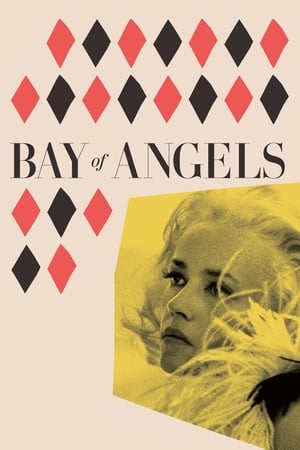 6.7
6.7Bay of Angels(fr)
A bank clerk is drawn into the risky world of a gorgeous gambling addict.
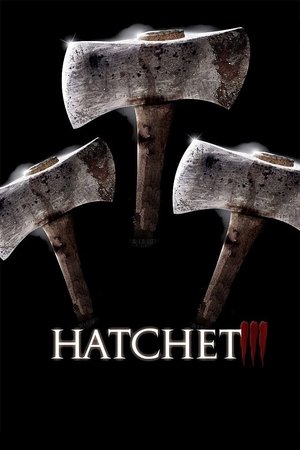 5.7
5.7Hatchet III(en)
A search and recovery team heads into Victor Crowley’s haunted swamp to pick up the pieces, and Marybeth learns the secret to ending the voodoo curse that has left Victor Crowley terrorizing Honey Island Swamp for decades.
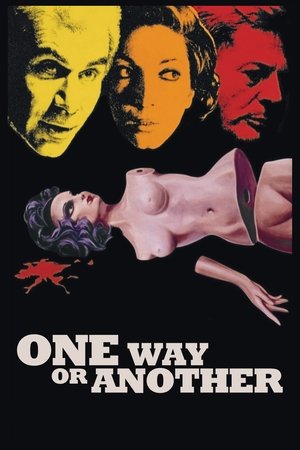 7.6
7.6One Way or Another(it)
Set during a retreat of Christian Democrat politicians who practice spiritual exercises together, it is an allegory of corrupted power. Disturbing, claustrophobic settings are the background to a series of mysterious crimes.
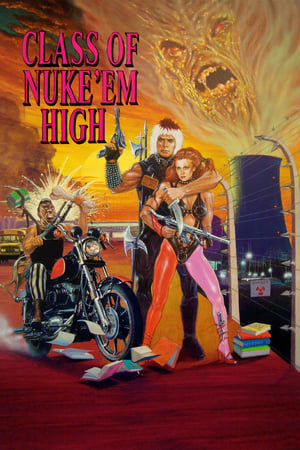 5.6
5.6Class of Nuke 'Em High(en)
The pupils at a high school next to a nuclear power plant start acting and looking strange after buying contaminated drugs from a plant worker.
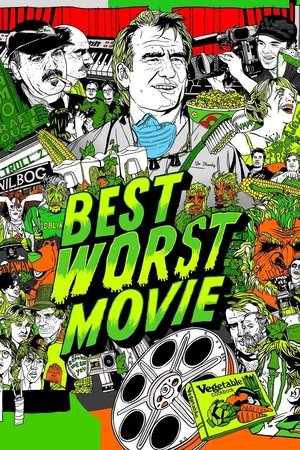 7.0
7.0Best Worst Movie(en)
A look at the making of the film Troll 2 (1990) and its journey from being crowned the "worst film of all time" to a cherished cult classic.
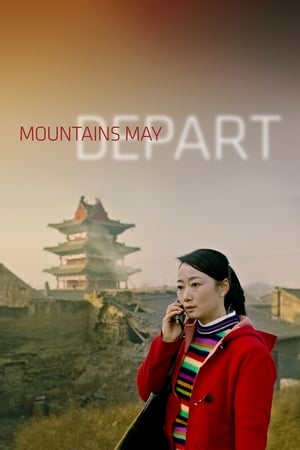 6.9
6.9Mountains May Depart(zh)
The life of Tao, and those close to her, is explored in three different time periods: 1999, 2014, and 2025.
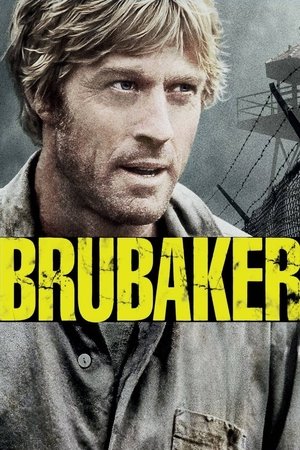 7.1
7.1Brubaker(en)
The new warden of a small prison farm in Arkansas tries to clean it up of corruption after initially posing as an inmate.
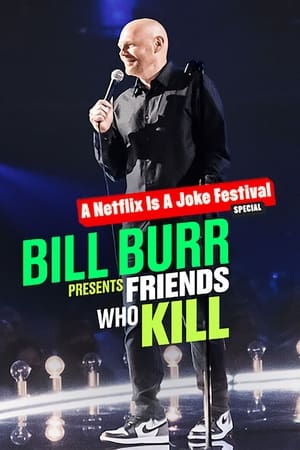 5.6
5.6Bill Burr Presents: Friends Who Kill(en)
In a night of killer comedy, Bill Burr hosts a showcase of his most raucous stand-up comic pals as they riff on everything from COVID to Michael Jackson.
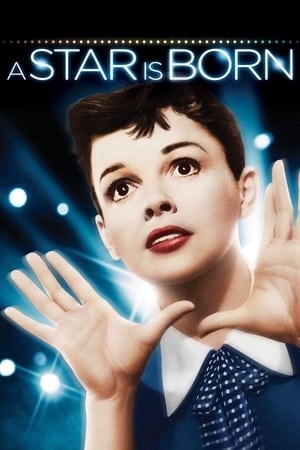 7.1
7.1A Star Is Born(en)
A movie star helps a young singer-actress find fame, even as age and alcoholism send his own career into a downward spiral.
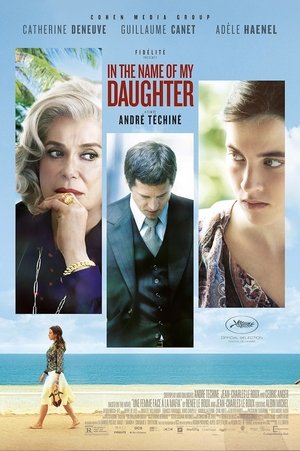 5.6
5.6In the Name of My Daughter(fr)
In 1976 in Nice, Agnes, the daughter of the owner of the Palais de la Méditerranée, falls in love with an older lawyer.
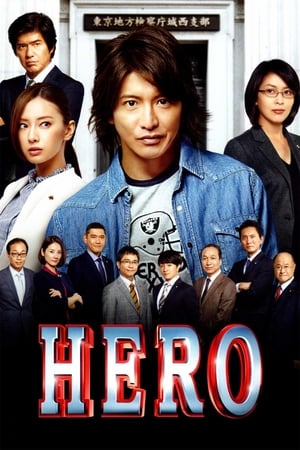 6.0
6.0Hero(ja)
Prosecutor Kohei Kuryu takes charge of a case with a foreign embassy possessing the key to solve the case. Due to the extraterritoriality involving the case, the investigation has not gone anywhere. A crisis then ensues. Kohei Kuryu and his office attempt to extract the truth behind the wall of the Neustrian Embassy.
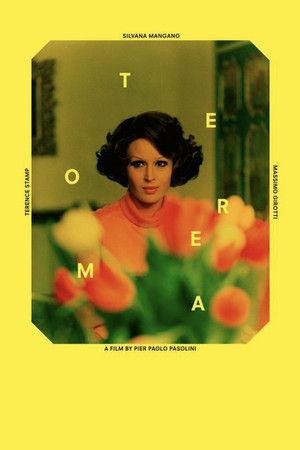 7.1
7.1Theorem(it)
A wealthy Italian household is turned upside down when a handsome stranger arrives, seduces every family member and then disappears. Each has an epiphany of sorts, but none can figure out who the seductive visitor was or why he came.
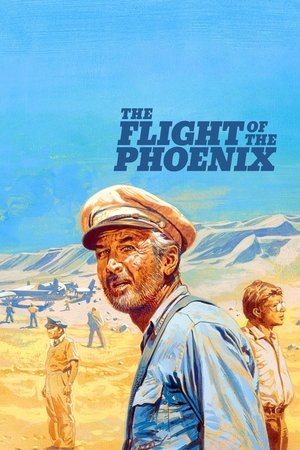 7.2
7.2The Flight of the Phoenix(en)
A cargo aircraft crashes in a sandstorm in the Sahara with less than a dozen men on board. One of the passengers is an airplane designer who comes up with the idea of ripping off the undamaged wing and using it as the basis for a replacement aircraft they need to build before their food and water run out.
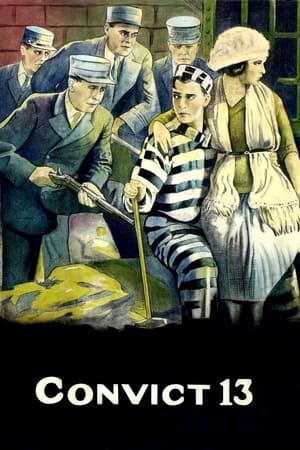 6.7
6.7Convict 13(en)
A young golfer is mugged by an escaped convict and finds himself in a prison where he foils a jailbreak.
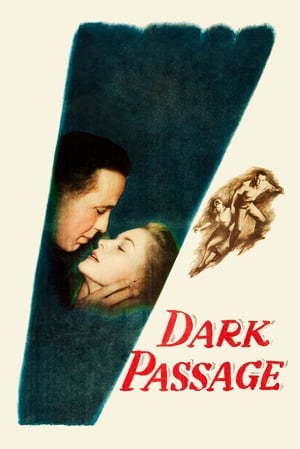 7.3
7.3Dark Passage(en)
A man convicted of murdering his wife escapes from prison and works with a woman to try and prove his innocence.
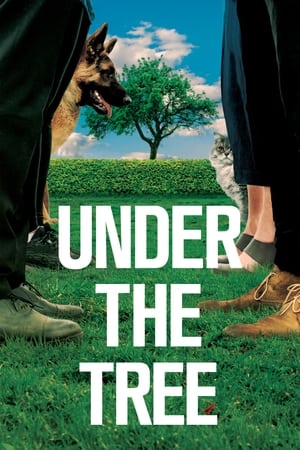 6.7
6.7Under the Tree(is)
When Baldvin and Inga's next door neighbours complain that a tree in their backyard casts a shadow over their sundeck, what starts off as a typical spat between neighbours in the suburbs unexpectedly and violently spirals out of control.
Similar Movies
 7.7
7.7Waltz with Bashir(he)
An Israeli film director interviews fellow veterans of the 1982 invasion of Lebanon to reconstruct his own memories of his term of service in that conflict.
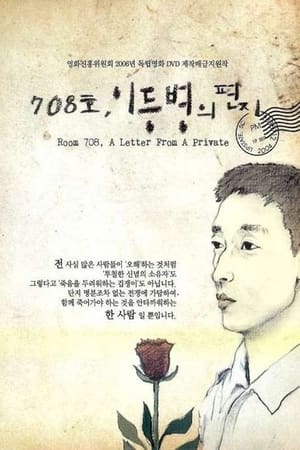 0.0
0.0Room 708, A Letter from a Private(ko)
A documentary about the 8-day sit-in struggle by GANG Cheolmin, a 22 year-old private in the South Korean army who declared his objection to military service on November 21, 2003 in order to stop the South Korean government from sending troops to Iraq, and the peace groups supporting him.
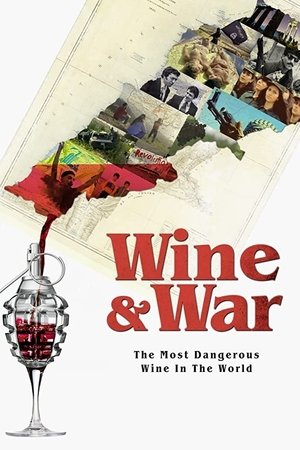 5.0
5.0Wine and War(en)
WINE and WAR is a documentary about one of the the oldest winemaking regions on earth and the resilience of the Lebanese entrepreneurial spirit seen through the lens of war and instability.
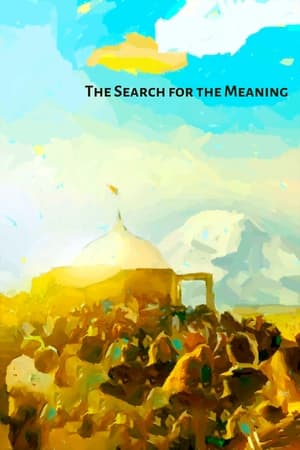 10.0
10.0The Search for the Meaning(es)
"The Search for the Meaning" is a collective experience, carried out with the audiovisual contribution of countless people who record their testimonies and spiritual experiences in 19 countries, to show a new spirituality that is being born...
 6.8
6.8Sociology Is a Martial Art(fr)
"I often say sociology is a martial art, a means of self-defence. Basically, you use it to defend yourself, without having the right to use it for unfair attacks." (Pierre Bourdieu) The world has witnesses who speak out loud what others keep to themselves. They are neither gurus, nor masters, but those who consider that the city and the world can be thought out. The sociologist, Pierre Bourdieu is one such witness." Over a three- year period, Pierre Carles' camera followed him through different situations: a short conversation with Günter Grass, a lively conference with the inhabitants of a working-class suburb, his relations with his students and colleagues and his plea that sociology be part of the life of the city. His thinking has a sort of familiarity, which means it is always within our reach. It is the thinking of a French intellectual who has chosen to think his times.
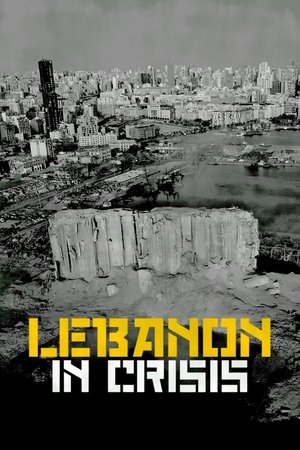 5.7
5.7Lebanon in Crisis(fr)
The apocalyptic blast in the Port of Beirut, Lebanon, on August 4, 2020, exacerbates anger at those in power: protests cross religious boundaries as the Lebanese people curse corruption, nepotism, gross economic mismanagement and squandering of resources. How did the Land of Cedars, a country with so much to offer, allow itself to get into such a dire situation? And will it be able to bounce back?
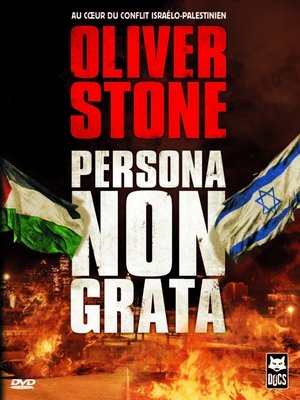 5.5
5.5Persona Non Grata(en)
2003 documentary film produced by Oliver Stone for the HBO series America Undercover about the conflict in occupied Palestine. He speaks with Ehud Barak and Benjamin Netanyahu, former prime ministers of Israel, Yasser Arafat, late president of the Palestinian National Authority, and various Palestinian activists resisting the oppression of the zionist regime.
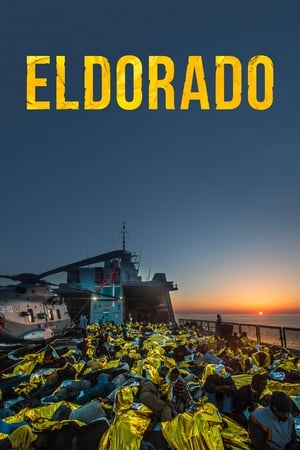 5.8
5.8Eldorado(de)
Drawing inspiration from his personal encounter with the Italian refugee child Giovanna during World War II, Markus Imhoof tells how refugees and migrants are treated today: on the Mediterranean Sea, in Lebanon, in Italy, in Germany and in Switzerland.
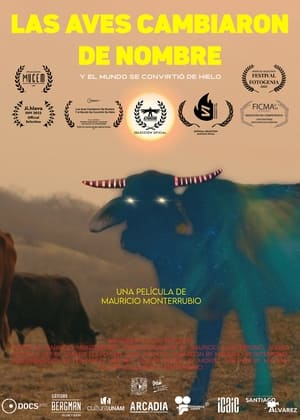 0.0
0.0The Birds Changed Names And The World Turned Into Ice(es)
Migrant families experience violence, but they also keep beautiful memories when they arrive in new lands. Fantastic and intimate stories, recalled from childhood, travel across time and space, magically intermingling with the help of the four elements and breaking the boundaries of cinema.
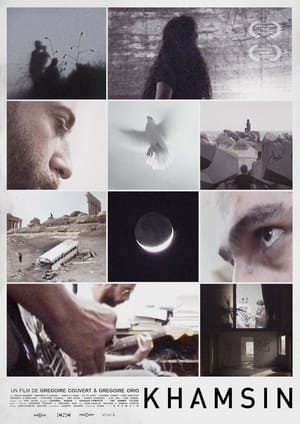 0.0
0.0Khamsin(fr)
Lebanon today. The traces of the civil war are all too tangible as government corruption becomes unbearable. In a country where conflict and peace are caught in an endless cycle, musicians from different backgrounds pool their talents to create an underground music scene. Each evokes his or her representation of Lebanon: its shifting geographical, political, historical and social borders, its painful passage through conflict and instability. A touching portrait of a young generation trying to build an oasis in a hostile environment where the forces of destruction continue to wreak havoc.
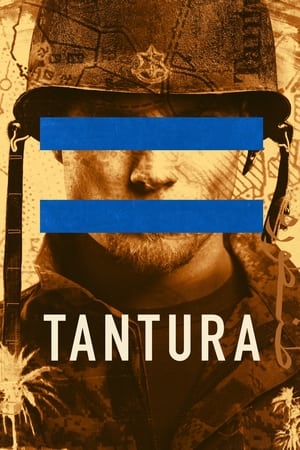 7.7
7.7Tantura(he)
When, in the late 1990s, Israeli student Teddy Katz exposed the massacre of Palestinian civilians by Israeli forces in the village of Tantura, in May 1948, during the first Arab-Israeli war, he was initially praised for his pioneering work; but he was soon infamous and branded a traitor. Decades later, incendiary new evidence emerges that corroborates Teddy's findings.
 10.0
10.0Pierre Clément, Cinéma et Révolution(ar)
Pierre Clément, student and photographer of René Vauthier, first accompanied him to Tunisia to make a film on the country's independence in 1957. Destiny led him to Algeria and his presence in February 1958 at the Tunisian-Algerian border changed his life. . Forever. He took his camera and photographed the attacks on Sakia Sidi Youssef before committing himself body and soul to the Algerian cause. Shortly after, he directed the film “Algerian Refugees” before being arrested, tortured and imprisoned, while his third film, “The National Liberation Army in Almaki”, was not finished. Abdel Nour Zahzah, a director who commemorates Pierre Clément, the director who risked his life, the brother of the Algerian resistance, who disappeared in 2007.
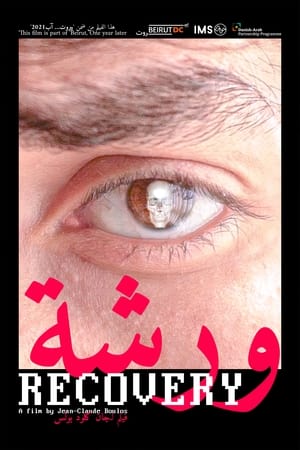 0.0
0.0Recovery(ar)
Jean-Claude walks his dog in a neighborhood forever stuck in reconstruction. On his trip, he wonders about life, mortality, and 'what if' scenarios while remembering fragments from the direct impact of the second that almost cost him his life on August 4. At the moment of the explosion, the end of the world, bodies, buildings, roads, and cities may shatter. Perhaps the universe itself breaks apart. But the most severe fragmenting remains that of memory. A picture here and a sound there are vaguely reconstituted. Can a future be built from such a memory? Can it rebuild what was lost? Is it time to leave?
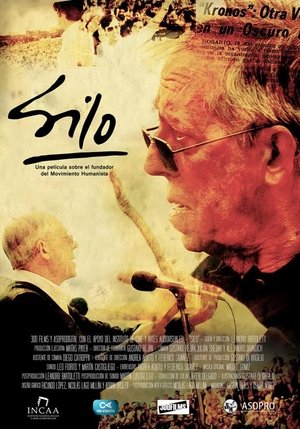 7.3
7.3Silo(es)
The best kept secret of The Andes will be revealed… For some, he is the thinker that set in motion a spiritual and political movement that passed through borders and extended from Argentina to India. For other, he is the leader of a sect, a skillful manipulator and demagogue. For most, he is still a mystery. Through this feature length documentary film we try to tell the life and work of this extraordinary person, posing a disturbing question: Who is Silo?
Concrete Forms of Resistance(en)
Filmed in Tripoli, Lebanon, Concrete Forms of Resistance is a documentary centred upon the city’s abandoned ‘Permanent International Fair’, designed by Brazilian architect Oscar Niemeyer in the mid-1960s. Progress and crisis, labour and capital, material and memory, are reflected through a very intelligent rhyme between image and sound. The touching voice and words of Niemeyer as a call for life, and the beautiful camerawork as a weaving of ghosts in the present landscapes.
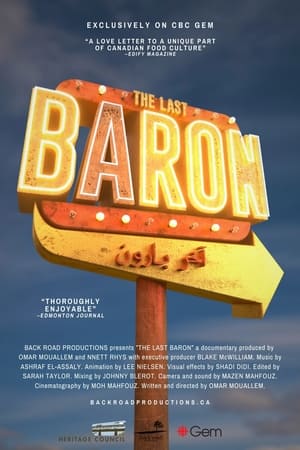 10.0
10.0The Last Baron(en)
The meaty saga of Burger Baron, a rogue fast-food chain with mysterious origins and a cult following, run by a loose network of fiercely independent Arab Canadian immigrants.
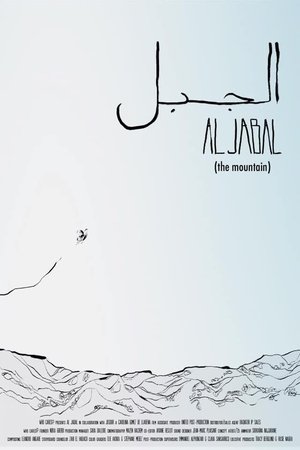 0.0
0.0The Mountain(ar)
While living in a deserted valley in eastern Lebanon, seven-year-old Rahaf describes the wonders of her past, present and future – without knowing the limits of her own imagination.
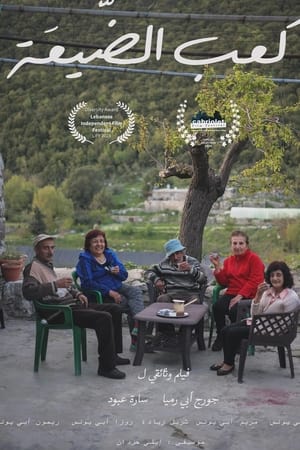 0.0
0.0Kaab l Dayaa(ar)
Intimate discussion with the inhabitants of Kfarbaal, a village tucked in the mountains above Byblos. We hear them share their experiences, deceptions and dreams.
